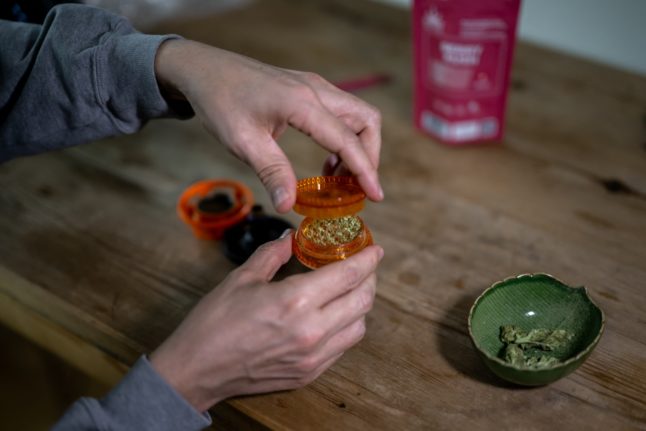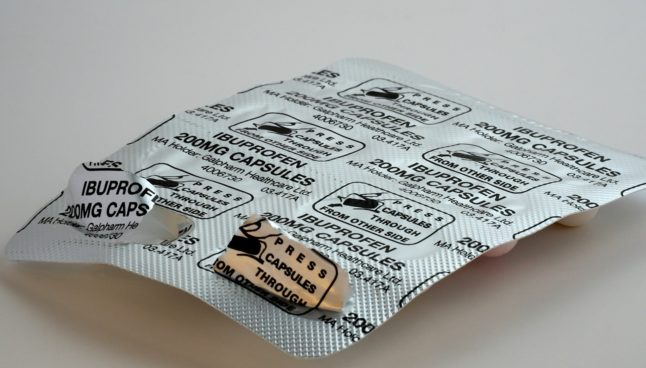The new initiative was announced by the Federal Chancellery.
The initiative entitled “Legalising cannabis: an opportunity for the economy, health and equality” also calls for revenues from the taxation of cannabis products to be allocated to drug prevention as well as a campaign by the government to highlight the health risks of cannabis.
The organisers have 18 months – until October 2025 – to collect the 100,000 signatures required for a popular initiative to brought to the ballot box on a national level.
Cannabis has been illegal in Switzerland since 1951 and its use has been punishable by law since 1975. But national statistics say there are around 300,000 cannabis users in the country.
The new initiative states: “Legislation regarding the cultivation, possession and personal use of cannabis is the responsibility of the Confederation. Citizens who have reached the age of 18 can cultivate and possess cannabis.”
Cultivation and sale for commercial purposes would be permitted, the initiative states. Farms and points of sale would be subject to licensing and strict quality and safety standards. Individuals would be limited to growing 50 cannabis plants at home.
READ ALSO: What are Switzerland’s current rules on cannabis?
In a previous referendum held on this issue in 2008, 63 percent of voters rejected the legalisation. Since then, however, the tide may have turned, according to a government survey published in 2021.
In the meantime, several Swiss cities — Basel, Zurich, Geneva, Bern, Lausanne, and Lucerne — have launched pilot projects to see what health and social effects the regulated sale of cannabis has on its users, and society in general.



 Please whitelist us to continue reading.
Please whitelist us to continue reading.
Member comments